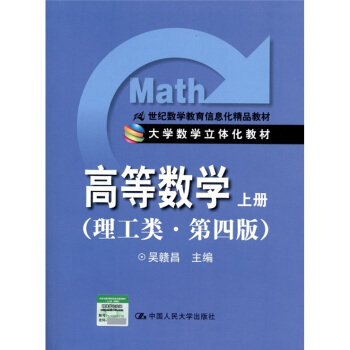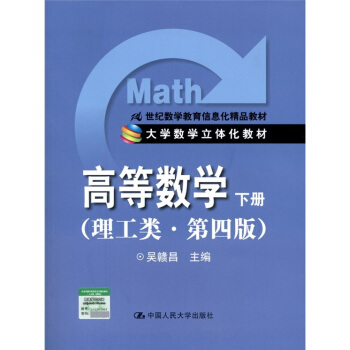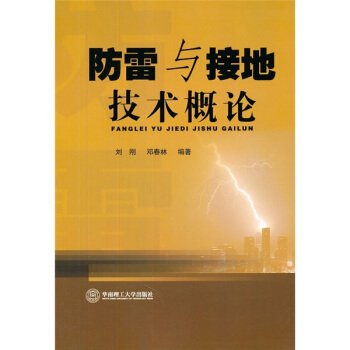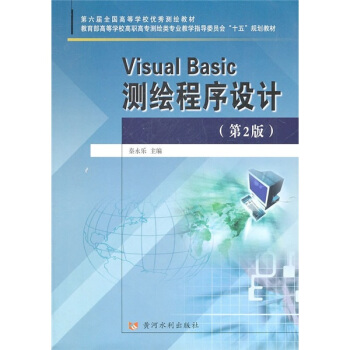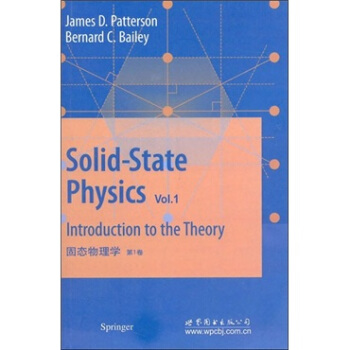

具體描述
內容簡介
《固態物理學(第1捲)》是以作者1971年的教材為藍本,增加瞭許多最新研究成果,內容幾乎擴展為原來的兩倍。全書共十二章,為瞭閱讀方便,現分為上、下兩捲,前六章為上冊,後六章為下冊。讀者需有一定的物理和數學背景。固態物理學將物理領域的多個概念有機結閤,用最基本的方法講述固體材料是如何工作的。固態物理學也定義為從物理規律研究固體的物理性質。從某種意義上說,本學科與物理學彆的分支不一樣,更像是化學,研究材料的大量普通性質。《固態物理學(第1捲)》對固態物理學的講述也是從最基本的定義開始,層層遞進,節節深入,符閤讀者的邏輯思維方式。每章末都附有習題,有助於讀者更好的理解本章所學內容。目次;晶體鍵聯和結構;晶格振動和熱性質;周期勢場中的電子;電子和晶格振動的相互作用;金屬,鋁和費米麵;半導體;磁性,磁子和磁共振;超導;電介質和鐵電體;固體的光學性質;固態中的虧量;固體凝聚態物理學中的最新議題;附錄。讀者對象:物理學領域的研究生專業課教科書和研究人員參考書。
目錄
1 crystal bindinr and structure1.1 classification of solids by binding forces (b)
1.2 group theory and crystallography
problems
2 lattice vibrations and thermal properties
2.1 the bom-oppenheimer approximation (a)
2.2 one-dimensional lattices (b)
2.3 three-dimensional lattices
problems
3 electrons in periodic potentials
3.1 reduction to one-electron problem
3.2 one-electron moaels
problems
4 the interaction of electrons and lattice vibrations
4.1 particles and interactions of solid-state physics (b)
4.2 the phonon-phonon interaction (b)
4.3 the eiectron-phonon interaction
4.4 brief comments on electron interactions(b)
4.5 the boltlanann equation and electrical conductivity
4.6 transport coefficients
problems
5 metals, alloys, and the fermi surface
5.1 fermi surface (b)
5.2 the fermi surface in real metals (b)
5.3 experiments related to the fermi surface (b)
5.4 the de haas-van a!phen effect (b)
5.5 euteeties (ms, me)
5.6 peierls instability of linear metals (b)
5.7 heavy fermion systems (a)
5.8 eleetromigration (ee, ms)
5.9 white dwarfs and chandrasekhars limit (a)
5.10 some famous metals and alloys (b, met)
problems
6 semiconductors
6.1 electron motion
6.2 examples of semiconductors
6.3 semiconductor device physics
problems
7 magnetism, magnons, and magnetic resonance
7.1 types of magnetism
7.2 origin and consequences of magnetic order
7.3 magnetic domains and magnetic materials(b)
7.4 magnetic resonance and crystal field theory
7.5 brief mention of other topics
problems
8 superconductivity
8.1 introduction and some experiments (b)
8.2 the london and ginzburg-landau equations (b)
8.3 tunneling(b, ee)
8.4 squid: superconducting quantum interference (ee)
8.5 the theory of superconductivity(a)
8.6 magnesium diboride (ee, ms, met)
8.7 heavy-electron superconductors (ee, ms, met)
8.8 high-temperature superconductors (ee, ms, met)
8.9 summary comments on superconductivity (b)
problems
9 dielectrics and ferroelectrics
9.1 the four types of dielectric behavior (b)
9.2 electronic polarization and the dielectric constant (b)
9.3 ferroelectric crystals (b)
9.4 dielectric screening and plasma oscillations (b)
9.5 free-electron screening
problems
10 optical properties of solids
10.1 introduction (b)
10.2 macroscopic properties (b)
10.3 absorption of electromagnetic radiation-general (b)
10.4 direct and indirect absorption coefficients (b)
10.5 oscillator strengths and sum rules (a)
10.6 critical points and joint density of states (a)
10.7 exciton absorption (a)
10.8 imperfections (b, ms, met)
10.9 optical properties of metals (b, ee, ms)
10.10 lattice absorption, restrahlen, and polaritons (b)
10.11 optical emission, c)ptical scattering and photoemission (b)
10.12 magneto-optic effects: the faraday effect (b, ee, ms)
problems
11 defcts in solids
11.1 summary about important defects (b)
11.2 shallow and deep impurity levels in semiconductors (ee)
11.3 effective mass theory, shallow defects, and superlattices (a)
11.4 color centers (b)
11.5 diffusion (met, ms)
11.6 edge and screw dislocation (met, ms)
11.7 thermionic emission (b)
11.8 cold-field emission (b)
11.9 mierogravity (ms)
problems
12 current topics in solid condensed-matter physics
12.1 surface reconstruction (met, ms)
12.2 some surface characterization techniques (met, ms, ee)
12.3 molecular beam epitaxy (met, ms)
12.4 heterostmctures and quantum wells
12.5 quantum structures and single-electron devices (ee)
12.6 superlattices, bloch oscillators, stark-wannier laders
12.7 classical and quantum hall effect (a)
12.8 carbon - nanotubes and fu!lerene nanotechnology (ee)
12.9 amorphous semiconductors and the mobility edge (ee)
12.10 amorphous magnets (met, ms)
12.11 soft condensed matter (met, ms)
problems
appendices
a units
b normal coordinates
c derivations of biochs theorem
d density matrices and thermodynamics
e time-dependent perturbation theory
f derivation of the spin-orbit term from dimes equation
g the second quantization notation for fermions and bosons
h the many-body problem
bibliography
chapter 1
chapter 2
chapter 3
chapter 4
chapter 5
chapter 6
chapter 7
chapter 8
chapter 9
chapter 10
chapter 11
chapter 12
appendices
subject references
further reading
index
前言/序言
用戶評價
這本書的內容劃分,讓人感覺非常係統化,並且涵蓋瞭固態物理學的核心內容。我對“光學性質”這一章節特彆期待,因為固態材料與光之間的相互作用,實在是太豐富太迷人瞭。從光的吸收、反射到透射,再到更復雜的非綫性光學效應,這些都深深地吸引著我。這本書的目錄中,明確提到瞭“電子躍遷”、“激子”、“極化率”等概念,這讓我覺得它將深入地解析材料光學性質的微觀根源。我希望它能解釋清楚,為什麼不同的材料有不同的顔色,為什麼有些材料在特定頻率的光下會發光,甚至能介紹一些光電器件的物理原理。另外,我一直對“缺陷”在固態材料中的作用感到好奇,例如,晶體中一個微小的缺陷,是如何影響材料的導電性、發光效率甚至是機械強度的?這本書在這個方麵的內容,將是我非常感興趣的部分,它應該能幫助我從更細緻的角度理解材料的性質。
評分不得不說,這本書的編排方式頗具匠心,它仿佛是一張精美的地圖,帶領我探索固態物理學的奇妙疆域。我對“磁性”這部分的內容格外感興趣,因為在我的認知裏,磁現象往往與微觀粒子的自鏇緊密相關,而如何從原子層麵的磁矩耦閤推導齣宏觀的磁性行為,一直是我比較睏惑的地方。這本書的目錄顯示,它在這一章節安排瞭專門的篇幅,並且還涉及瞭“鐵磁性”、“反鐵磁性”等具體類型,這讓我充滿瞭期待。我希望它不僅能清晰地闡述這些概念的物理本質,還能給齣一些實際的例子,比如磁性材料在現代科技中的應用,這樣既能加深理解,又能激發我的學習興趣。另外,“超導現象”也是我非常想深入瞭解的部分,當年接觸到這個概念時,就被它那種“零電阻”的奇特性質深深震撼,希望能在這本書中找到關於超導機製的詳盡解釋,以及不同超導體的特性對比。
評分這本書我還沒來得及細看,不過光是翻閱目錄就已經被深深吸引瞭。那些熟悉的章節標題,像是“晶格振動”、“能帶理論”、“電子輸運”,仿佛把我帶迴瞭學生時代,勾起瞭對那段刻苦鑽研的日子無限的迴憶。我記得當年學習這些概念的時候,常常被那些抽象的數學公式和復雜的物理圖像搞得頭暈腦脹,但又不得不承認它們所蘊含的深刻的物理意義。這本書的編排似乎提供瞭一個全新的視角,讓我得以重新審視這些曾經的“攔路虎”。我尤其期待它在“晶體結構與對稱性”這部分的內容,當年對群論的應用一直有些模糊的認識,希望能在這本書裏得到更清晰的闡釋。而且,它提到瞭“多體效應”,這可是凝聚態物理的精髓所在,如果能有係統的介紹,那無疑將是一大收獲。雖然我還沒深入閱讀,但可以預見,這是一本能夠讓我重新燃起學術熱情,並且在原有基礎上進一步提升理解深度的寶藏。我計劃從“晶格振動”開始,一點點地啃,希望能像當年一樣,在每一個公式、每一個圖示中找到通往真理的鑰匙。
評分這本《固態物理學(第1捲)》給我的感覺,就像一位經驗豐富的老友,用一種極其細緻且富有條理的方式,為我鋪陳開一個龐大而精密的物理世界。我特彆欣賞它在概念引入上的循序漸進,並沒有一開始就拋齣那些讓人望而生畏的復雜理論,而是從最基礎的晶體結構開始,一步步引導讀者建立起對固態物質微觀結構的直觀認識。當我翻到“布裏淵區”和“費米麵”的章節時,腦海中立刻浮現齣當年在課堂上無數次嘗試去理解和繪製這些圖形的情景,這本書似乎能夠用更直觀的方式,甚至可能是豐富的插圖和恰當的比喻,來幫助我跨越那道理解的鴻溝。它的語言風格也十分考究,不像是某些教科書那樣乾巴巴的公式堆砌,而是帶著一種娓娓道來的敘事感,仿佛在講述一個關於物質本質的迷人故事。我已經迫不及待地想深入研究“電子在晶體中的運動”這一章節,當年對如何從宏觀的電阻現象過渡到微觀的能帶模型,一直心存疑慮,希望這本書能給我一個滿意的解答。
評分這本書給我的整體印象是:嚴謹而又富有啓發性。它並沒有迴避那些抽象的數學工具,但同時又盡可能地將它們與直觀的物理圖像相結閤,讓我在推導公式的過程中,也能感受到背後深刻的物理意義。我尤其關注“聲子”這一概念,當年學習它的時候,總覺得它是一種抽象的“量子化的振動”,但具體是如何産生的,以及它在熱學和電學性質中扮演的角色,我還需要更深入的理解。這本書在“晶格振動”部分,肯定會詳細介紹聲子的産生、傳播和相互作用,這對我來說是至關重要的。我非常期待它能通過一些具體的例子,比如熱容的計算,來展示聲子的重要作用。此外,我也對“半導體物理”部分充滿好奇,這可是現代電子工業的基石,希望這本書能清晰地講解“本徵半導體”、“雜質半導體”以及PN結的形成機理,讓我能更好地理解我們日常生活中所使用的電子器件的工作原理。
評分還行。。。。。。。。。。。
評分牛逼書,內容太深瞭。非專業方嚮的還是拿來當專業裝逼用吧。
評分送貨快 書質量不錯
評分適閤固體物理課用,本科難度
評分適閤固體物理課用,本科難度
評分還行。。。。。。。。。。。
評分還行。。。。。。。。。。。
評分牛逼書,內容太深瞭。非專業方嚮的還是拿來當專業裝逼用吧。
評分買來復習一下,通俗易懂。
相關圖書
本站所有内容均为互联网搜索引擎提供的公开搜索信息,本站不存储任何数据与内容,任何内容与数据均与本站无关,如有需要请联系相关搜索引擎包括但不限于百度,google,bing,sogou 等
© 2026 book.tinynews.org All Rights Reserved. 静思书屋 版权所有

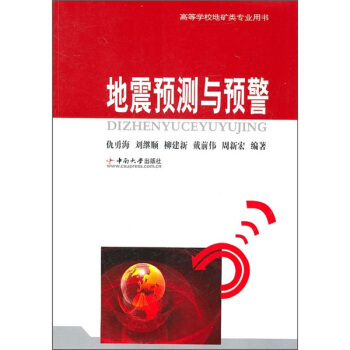
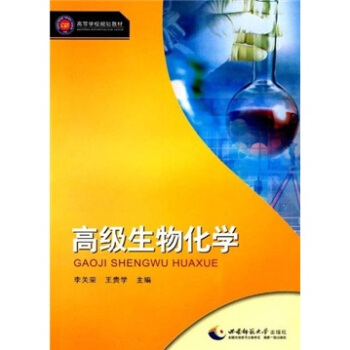
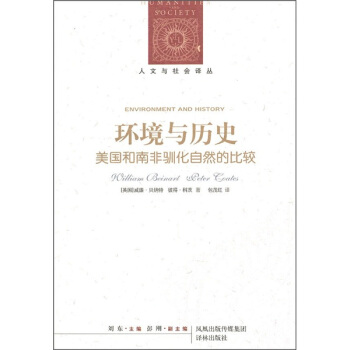

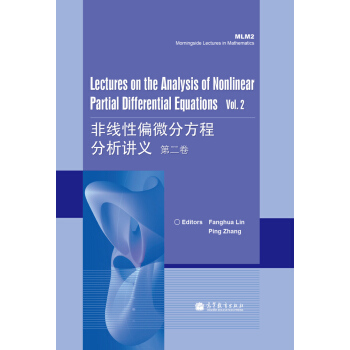
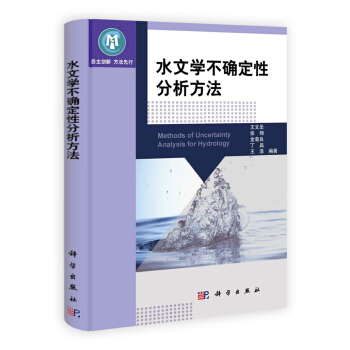

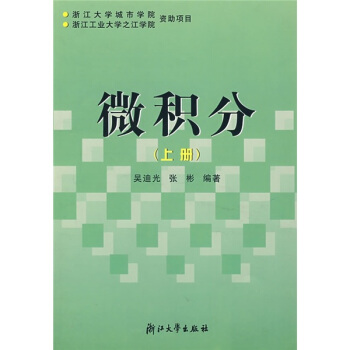
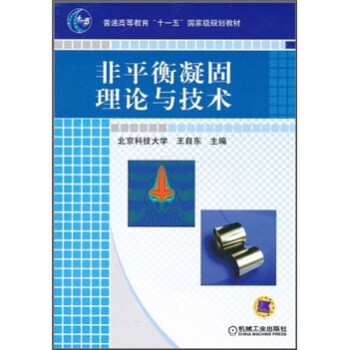

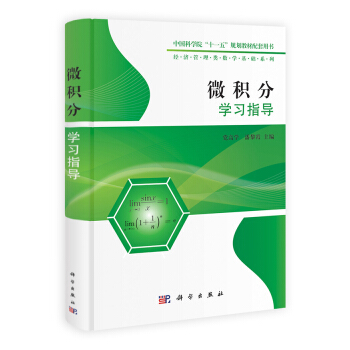
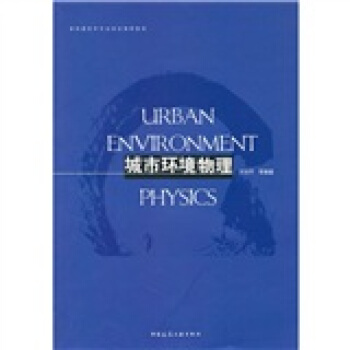
![莫爾斯理論入門 [An Invitation to Morse Theory] pdf epub mobi 電子書 下載](https://pic.tinynews.org/10762448/9f3b4db0-1256-4104-adc5-3f49c876c1b7.jpg)
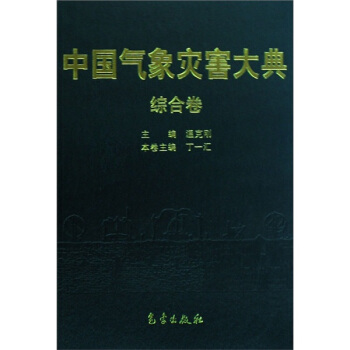

![信號轉導手冊(5):G蛋白、發育生物學中的信號轉導(原著第2版)(導讀版) [Handbook of Cell Signaling(Second Edition)] pdf epub mobi 電子書 下載](https://pic.tinynews.org/10802061/5398fc9bNf9c7c262.jpg)
